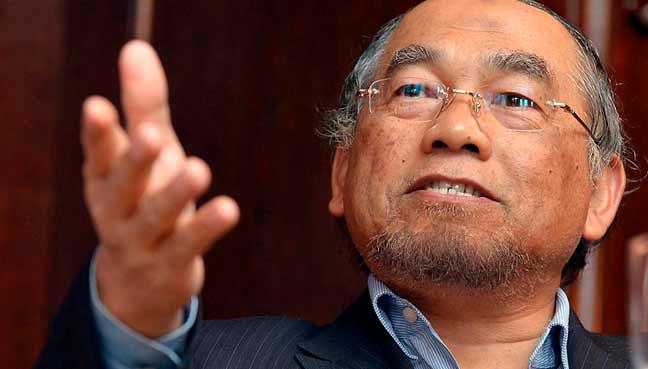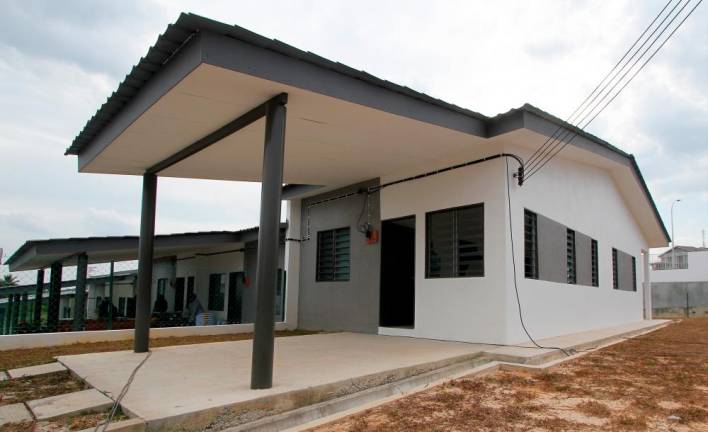PETALING JAYA: A third wave of Covid-19 infections would likely be disastrous for Malaysia, according to an economist.
The government will have to inject at least another RM40 billion into the economy, a sum it cannot afford given that the recession is likely to continue late into the year, Universiti Tun Abdul Razak economist Prof Dr Barjoyai Bardai (pix) told theSun yesterday.
That will be in addition to the RM260 billion already provided as a short-term measure via several stimulus packages to resume business activities and help those who have lost their jobs.
Health Director-General Datuk Seri Dr Noor Hisham Abdullah earlier said a third wave had already begun. He noted of the 39 new infections recorded last Tuesday, 28 were locally transmitted.
It was the highest number of new cases per day in almost two months.
But with only one new case reported on Tuesday, it was hoped the new wave of infections could be quickly overcome.
Noor Hisham also warned that loosening border controls would compund the third wave.
“What we have now are just embers,” he said in reference to the many clusters of Covid-19 infections that have appeared in various parts of the country.
In reference to Noor Hisham’s statement, Barjoyai warned that people “must not let these (embers) turn into wildfires”.
He pointed out that with a new wave, the government would have to look for financial support (most likely in the form of loans) to underwrite the deficit caused by additional spending.
The situation has been further aggravated by the current economic slide.
“We are in the middle of a recession which began in March.
“This is likely to last two quarters and hopefully, we can see some recovery in October,” he said.
However, he added that if there was a third wave, with another movement control order having to be imposed, the economy could collapse.
“We probably won’t recover at least until next year,” he said.
He said there had been some relief for the government as it has stopped bearing the cost of quarantine expenses for Malaysians returning from abroad.
A report in the International Journal of Infectious Diseases published by Universiti Putra Malaysia cited a study that showed the first wave – from January to March – comprised mainly cases imported from China.
The second wave started with a Brunei citizen who had joined more than 10,000 people at a tabligh event hosted by the Sri Petaling Mosque in Selangor.
That event resulted in more than 100 new cases reported daily for several weeks.
Read this story in theSun’s iPaper:















